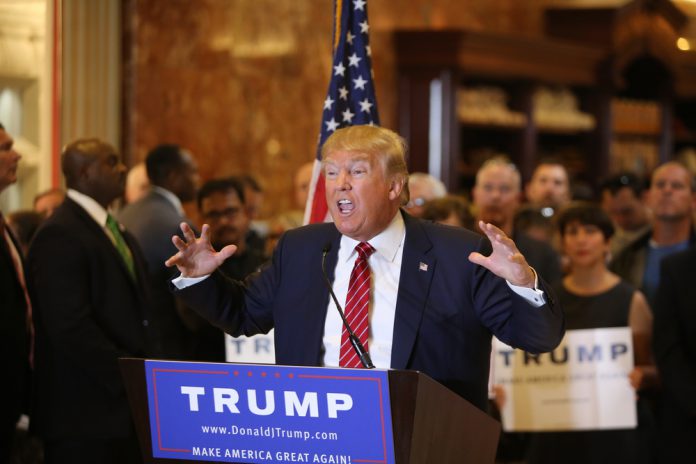The term ‘Animal Spirits’, coined by John Maynard Keynes, has been of particular interest in recent weeks by key analysts when considering the economic trajectory of the Trump presidency.
What is it?
The somewhat abstract terminology in fact alludes to economist John Maynard Keynes’ monumental 1936 work “General Theory of Employment, Interest and Money”. The term was explained by Keynes to conceptualise human emotion driving consumer confidence.
He argued in his work General Theory:
“Most, probably, of our decisions to do something positive, the full consequences of which will be drawn out over many days to come, can only be taken as the result of animal spirits – a spontaneous urge to action rather than inaction, and not as the outcome of a weighted average of quantitative benefits multiplied by quantitative probabilities.”
Why has the phrase gained traction?
Whilst Trump’s presidency has continually perturbed the Washington elite, those within the business community have been remarkably at ease with the prospect of his tenure. The apparent general consensus that Trump’s remarkably anti-political team and his own wealth of experience within business has stimulated a sense of optimism for American businesses reminiscent of the “Animal Spirit” chronicled in Keynes revered book on economic psychology and macroeconomics.
Moreover, the economic theory ties in with wider themes of the Trump phenomenon and his unlikely rise to the White House. The idea that human emotion drives consumer confidence echoes the surge in apparent “post truth” politics, which was proclaimed the international word of 2016 and denotes the power of emotion preceding that of the facts.
Will it materialise?
Indeed, experts agree that Trump’s notably pro-business cabinet shift may have real impact upon business attitudes. In comments to the Financial Times, Ray Dalio, head of Bridgewater hedge fund concurred with speculation:
“We are about to experience a profound, president-led ideological shift,” Mr Dalio commented.
“This could have a much bigger impact on the US economy than one would calculate on the basis of changes in tax and spending policies alone, because it could ignite animal spirits.”
Trump’s focus upon economic as opposed to political expertise, leads many to anticipate that this will in turn lead to growing consumer confidence in the economy and increased risk taking from US businesses – and thus sparking a “animal spirits” revival. However, given the abstract nature of the theory in focusing the correlation between “emotion” and “action” in the market, it remains a difficult theme to accurately anticipate.
Nevertheless, preliminary figures suggest a positive impact upon markets thus far. The National Federation of Independent Businesses gauge of small business optimism saw a sharp rise in December, with the index reaching its highest level since 2004.
Ultimately, whilst stocks have been performing well in anticipation of Trump’s fiscal policy and its projected boost for the economy, it remains to be seen whether emotion and optimism will indeed translate into the unleashing of action.

